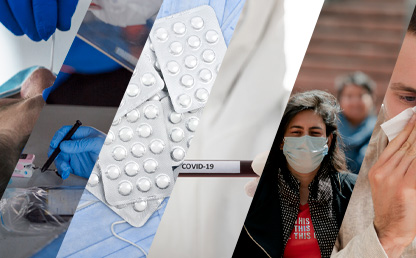The word metabolomics frightens many, and for others it is just difficult to pronounce. However, the simplification of this great potential comes from the technology that analyzes lipids, carbohydrates, amino acids, as well as other substances we know as metabolites and consume in our food on a daily basis. Through analyzing these metabolites, we can obtain scientific evidence for studies on medicines, foods, products, and agricultural and medical practices. Met Core, the first metabolomics center to be inaugurated in the country, has the ability to carry out these analyses.
“Metabolomics allows us to study how environmental and biological factors affect an organism in a given condition. In other words, we can find out how genes, lifestyle, diet, nutrition, exercise, or a condition that we want to study may produce an affect”, explains Mónica Cala, director of the metabolomics center: Met Core.
Met Core’s objective is to facilitate and promote research in the country through collaboration with research and experimentation projects in metabolomics. The center will provide services in areas relating to health, agriculture, and biotechnology. It will also host a training component.
The center was founded thanks to a strategic alliance between the Universidad del Rosario, the Universidad Javeriana, Agrosavia, the Universidad de los Andes, and Agilent. Silvia Restrepo, Associate Dean for Research and Creation, claimed it was an interesting process and each institution collaborated in different ways.
The center was inaugurated on July 31 in the Universidad de los Andes. The representatives from the partner institutions were in attendance as well as scientists from different fields, who will work on future research.

Some bought computers, others contributed economically or would buy computers cooperatively in the future; everyone contributed in some way

Silvia Restrepo
Vice-President
The laboratory’s potential
Coral Barbas, director of the Center of Metabolomics and Bioanalysis at the Universidad San Pablo CEU of Madrid, and the person who provided constant guidance when Met Core was being set up, highlights the Center’s potential. She sees many opportunities in areas such as bioanalysis and medicine, as in these areas you can find biomarkers for diseases that do not have one for their diagnosis. She also adds that there are many diseases that can only be determined because of their symptoms, and metabolomics could help diagnose them.

Coral Barbas, director of the Center of Metabolomics and Bioanalysis at the Universidad San Pablo CEU of Madrid
For professor Barbas, metabolomics is useful in every field in which research is carried out on a biological sample. For example, in cancer treatment, instead of measuring the size of the tumor (an indirect method) it is possible to measure a specific compound in the blood, which represents the value of the efficiency of a medicine.
“This center could allow a breakthrough in research at the Universidad de los Andes and in all the other collaborating universities as well as in Colombia as a country as I am sure that it will be a center for international research” adds professor Barbas.
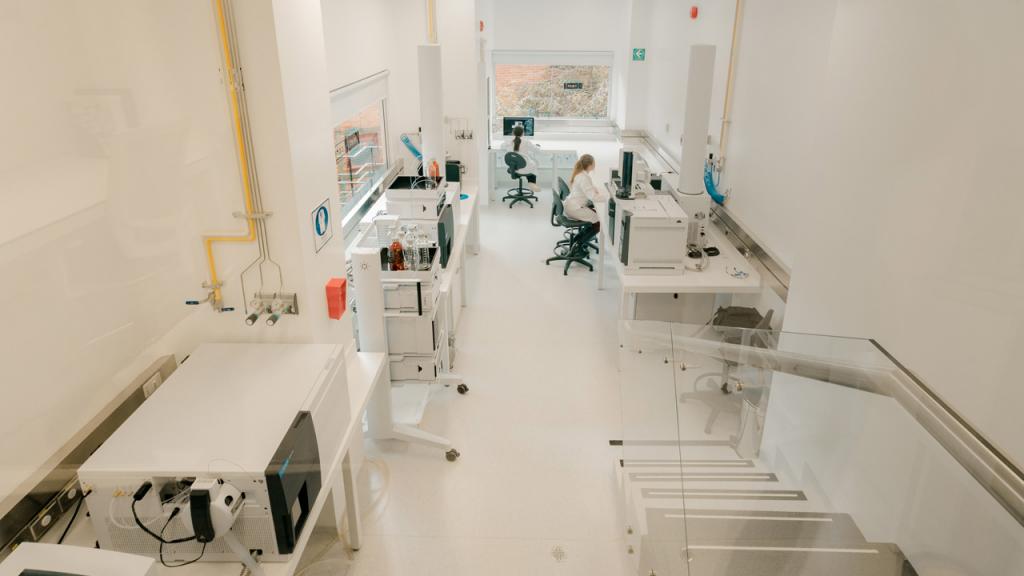
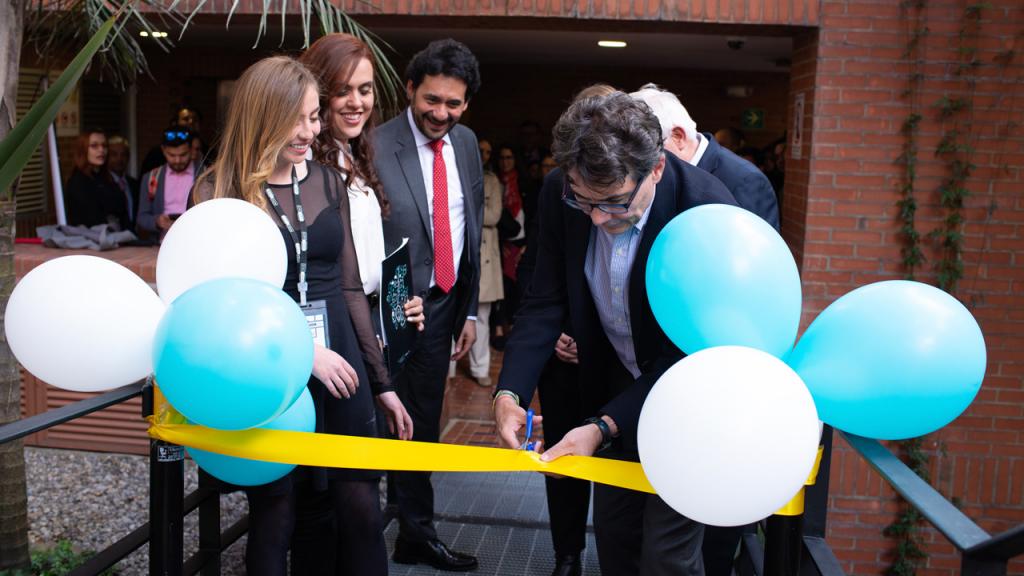
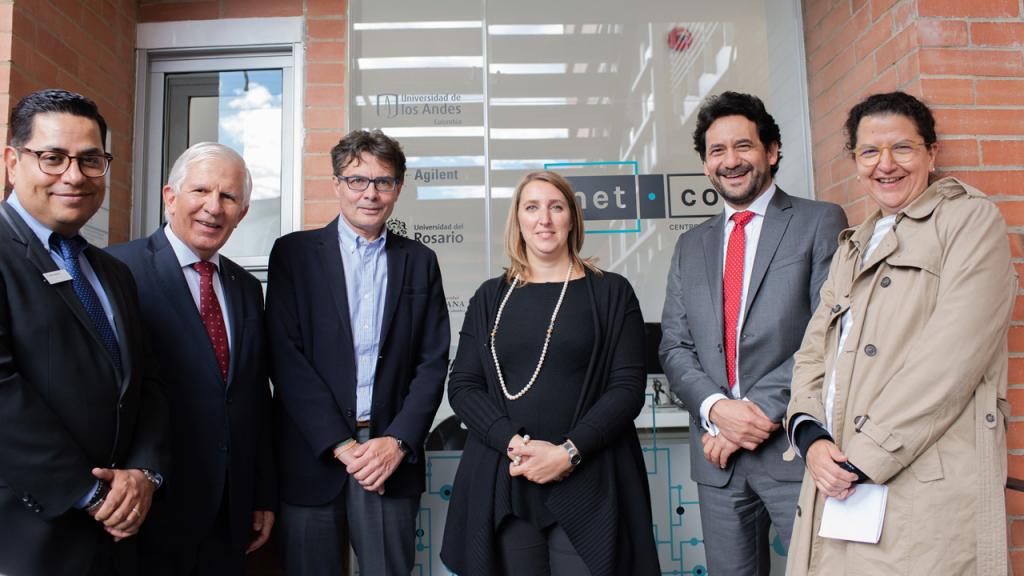
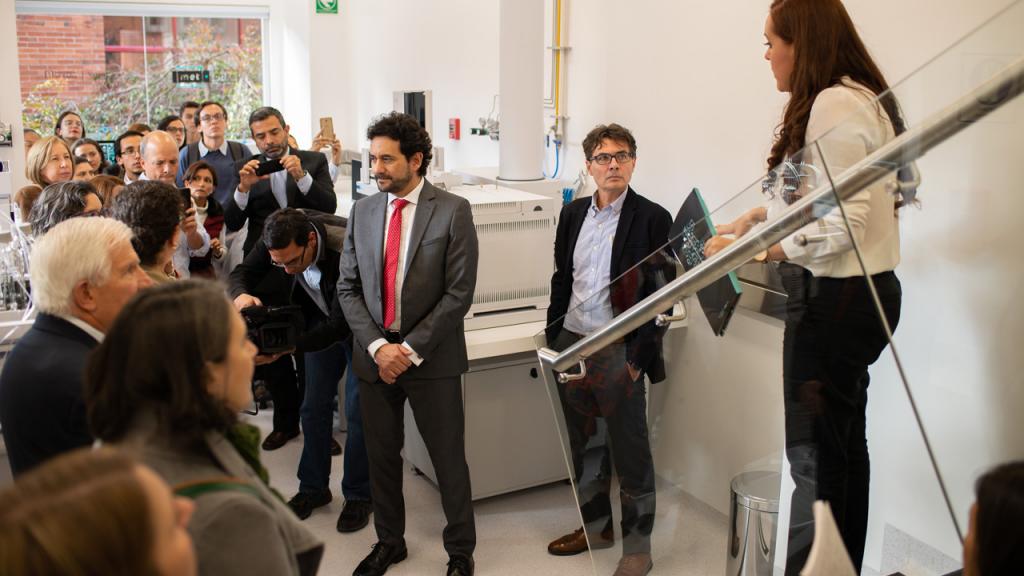
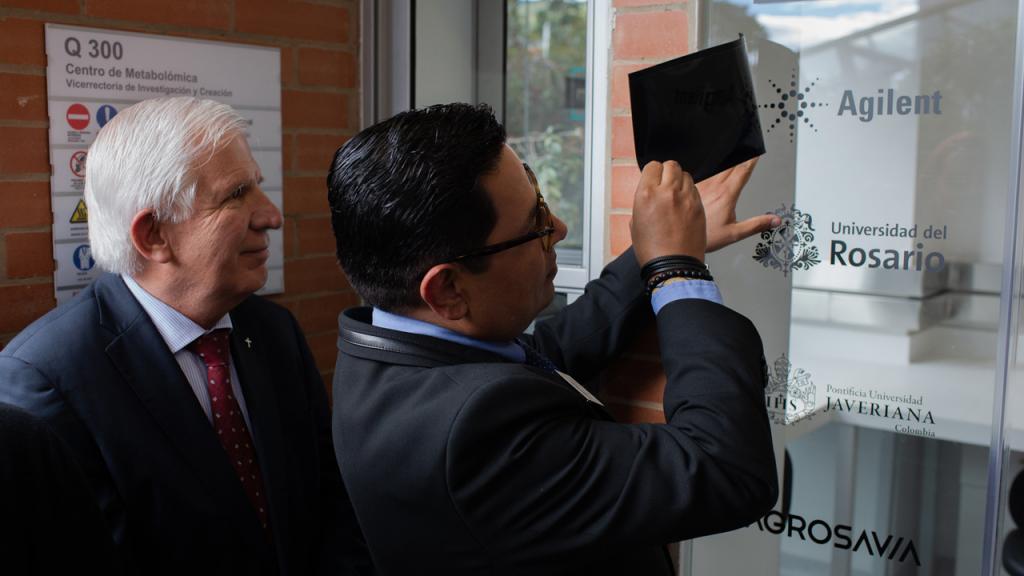





 Some bought computers, others contributed economically or would buy computers cooperatively in the future; everyone contributed in some way
Some bought computers, others contributed economically or would buy computers cooperatively in the future; everyone contributed in some way 

